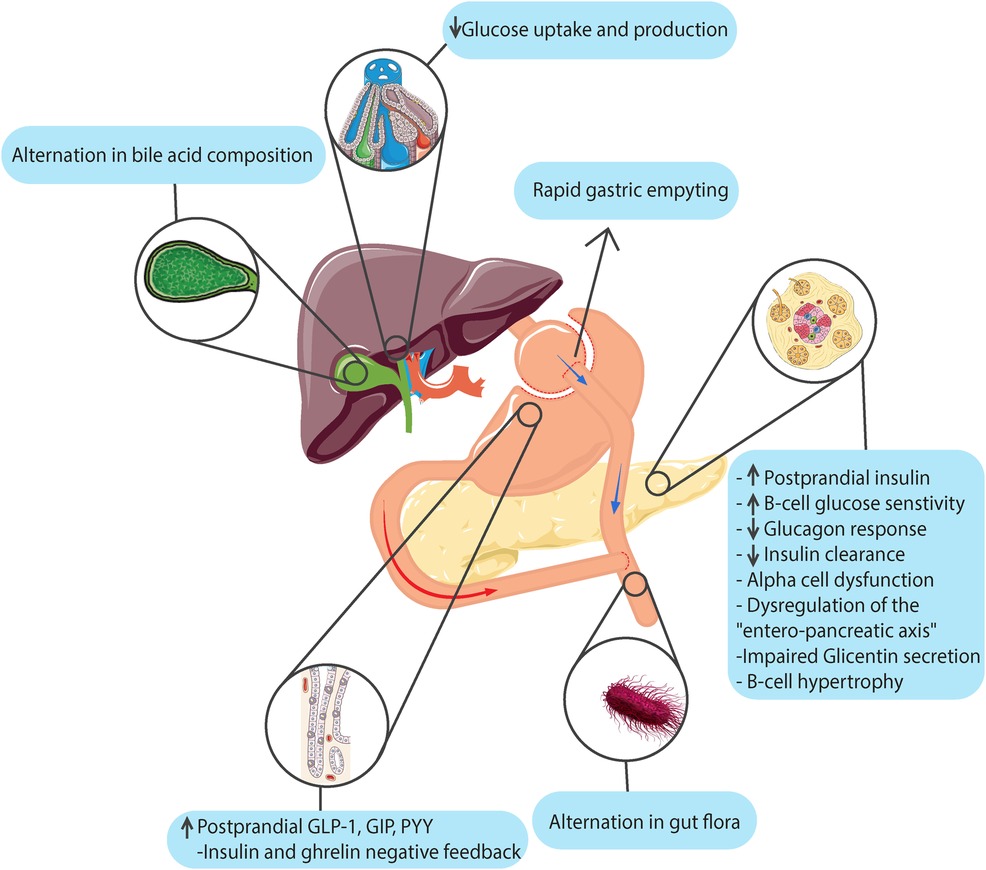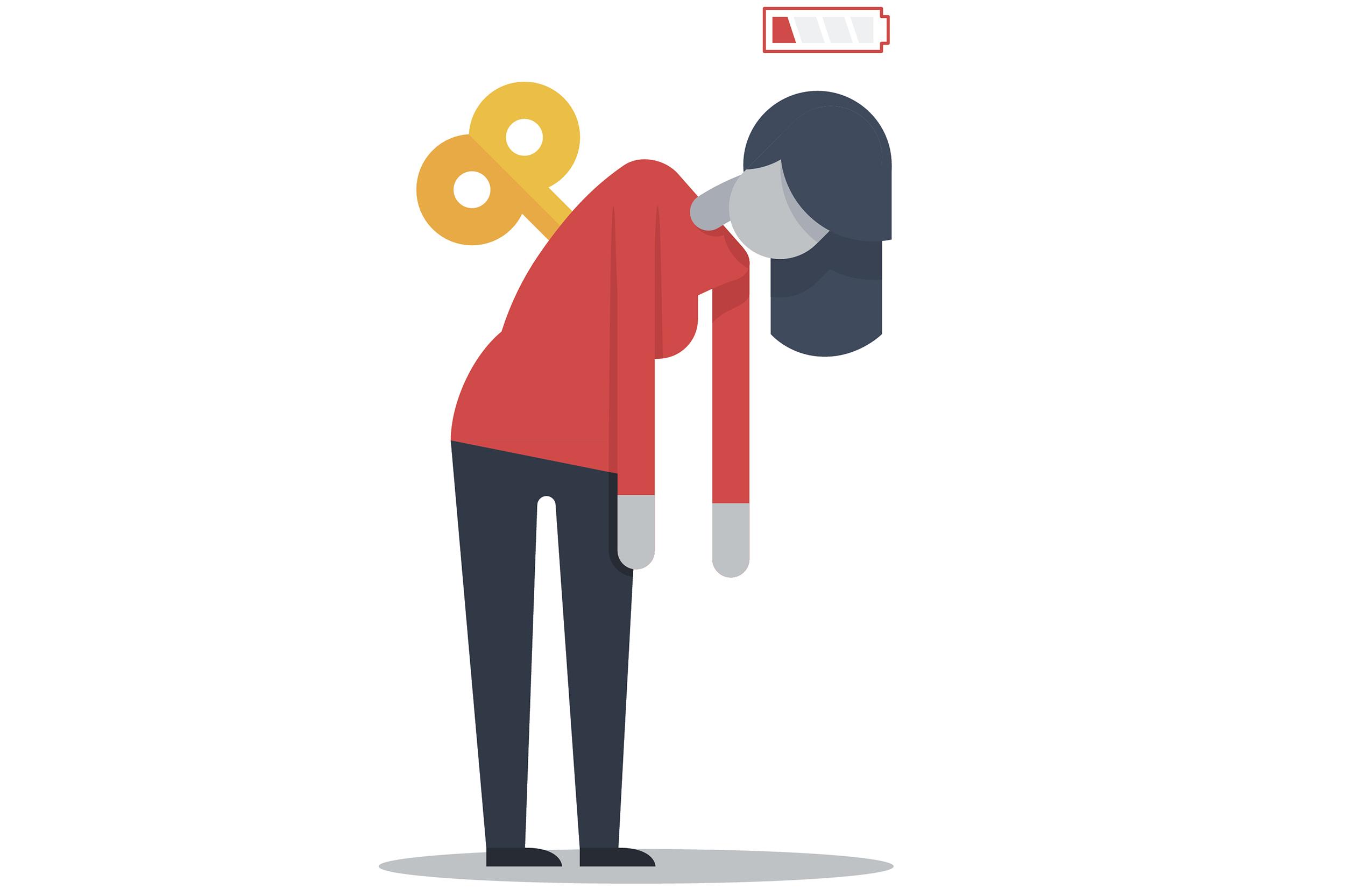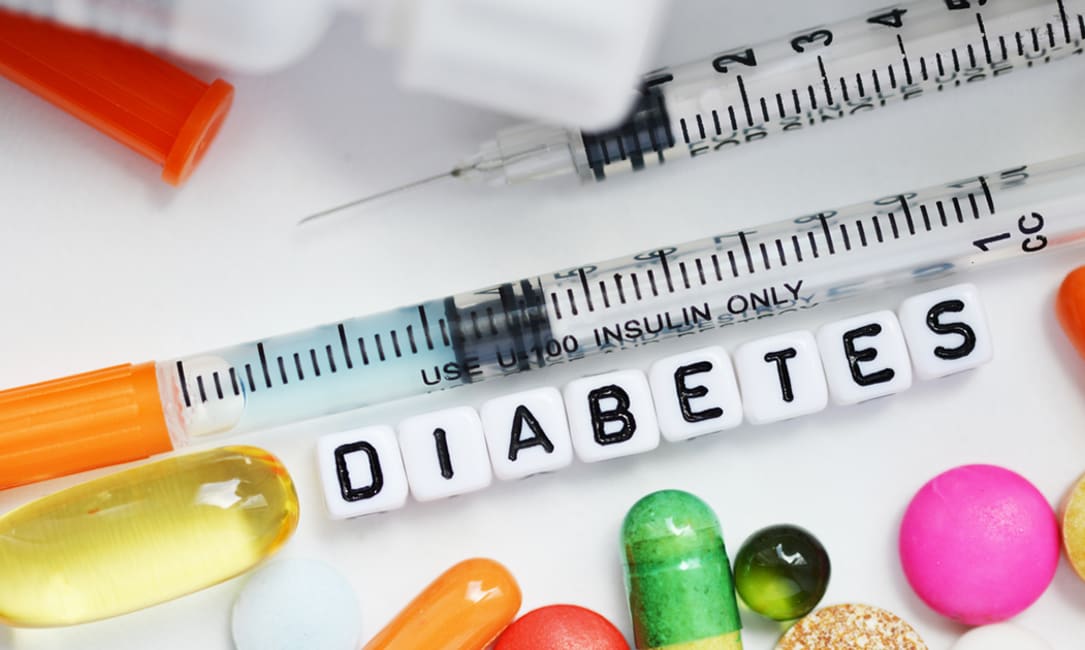Post-bariatric hypoglycemia (PBH) is an emerging condition affecting a subset of individuals who have undergone weight loss surgeries, such as Roux-en-Y gastric bypass. Characterized by episodes of low blood sugar occurring one to three hours after meals, PBH can lead to symptoms like dizziness, confusion, and, in severe cases, seizures. This condition arises due to exaggerated insulin responses following the rapid absorption of carbohydrates, a consequence of altered gastrointestinal anatomy post-surgery.
The prevalence of PBH is estimated to be around 8% among bariatric surgery patients. Despite its impact on quality of life, PBH remains underdiagnosed and lacks standardized treatment protocols. Management strategies often involve dietary modifications, such as consuming low-glycemic index foods and frequent small meals, to mitigate blood sugar fluctuations. In some cases, medications or surgical interventions may be necessary to control symptoms.
Healthcare providers must maintain a high index of suspicion for PBH in post-bariatric patients presenting with hypoglycemic symptoms. Early recognition and intervention are crucial to prevent complications and improve patient outcomes. Ongoing research is essential to develop evidence-based guidelines for the diagnosis and management of this condition, ensuring that patients receive comprehensive care following bariatric surgery.






